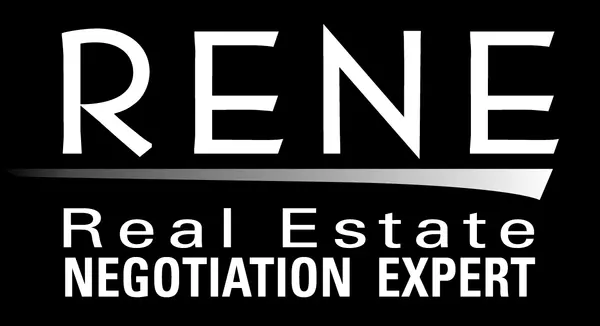Leveraging Home Equity

So what is home equity? It's the difference between what your house is worth and how much you owe on your mortgage. As you make mortgage payments, you're building home equity. If your balance is lower than your home's value, you have positive equity that can be converted to cash. When there's a spike in home prices, as was true between January 2021 and June 2022, when an average of $60,000 was gained, your equity grew.
Know the options
There are some common ways to leverage equity:
- A lump-sum home equity loan. Repaid in monthly installments over a set term, generally five to 30 years, home equity loans typically have a fixed interest rate.
- A home equity line of credit. This is a revolving line of credit. You only pay back what you spend, with interest, and your credit line can be reused as long as you have access to it. HELOCs tend to come with variable interest rates.
- A cash-out refinance. These allow you to replace your existing mortgage with a home loan for more than what you owe. You pocket the difference between the two loans in cash.
- A reverse- mortgage. This is an age dependent option that is often mis-understood, but can be beneficial in some situations.
Consider the uses
Once you tap into your home equity, you can use the money for whatever you choose. Here are some possibilities:
- Home improvements. Improving your house can be a smart move, but not all improvements offer the return on investment you may be looking for. For example, one report found that replacing a garage door can give you a 93% ROI, while a typical midrange bathroom remodel returns only 59% and a bathroom addition only about 52%.
- Real estate investing. For $40,000 down, you may be able to buy a property that will provide enough rental income to cover the mortgage payments — including principal and interest — as well as property taxes, homeowners' insurance, maintenance, repairs, and the home equity loan or HELOC payments.
- Higher education expenses. You can pay for your children's higher education expenses, helping them reach educational goals that can lead them to higher future earnings.
- Medical expenses. Erase medical debt and its negative effects on your credit score. Your home equity may secure you a lower interest rate and monthly payments than using high-interest credit cards.
- Debt consolidation. Several thousand dollars in credit card debt at an average interest rate above 21% is much higher than the interest rates on a medium-term (10-year) home equity loan (about 5%) or a HELOC (close to 6%).
- Refinance. A simple refinance can produce a new loan with better interest rates and/or lower payments than you had with your purchase mortgage. This can result in savings over the life of your loan.
When you need capital, tapping into your blossoming home equity can be a sound investment decision. Of course, there are risks associated with borrowing against home equity however the more you know about the different types of loans leveraging your home equity can be a wise decision. Always work with qualified legal and financial professionals.
Modified by: Theresa Tscheschke Gunal to reflect Colorado local Real Estate ; Used courtesy of Rachel Lefkowitz, Home Actions, LLC
Categories
- All Blogs (36)
- Buying (3)
- Closings (1)
- Colorado (7)
- Condo's and Co-op's (2)
- Curb Appeal / Outdoor (1)
- Extended Stay Living/ Furnished Rentals (1)
- HOA's (2)
- Home Improvement (1)
- Home Repair (1)
- Inspections (1)
- Insurance (2)
- Interior Design / Staging (2)
- Monthly News (6)
- Mortgages (2)
- Moving (1)
- New Builds (1)
- Property Taxes (1)
- Remodeling (4)
- Retirement/ Adult Communities (2)
- Selling (1)
- Taxes and Investing (1)
- Title (1)
- Transaction Process (1)
- Vacation / Holidays (1)
- Your Home is Your Biggest Asset - Financial Goals (6)
Recent Posts










GET MORE INFORMATION

